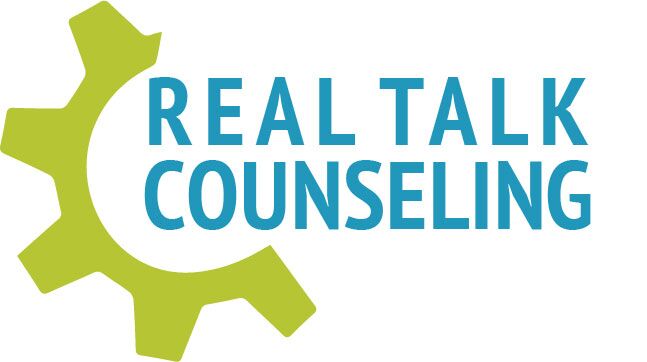When to Seek Help: Recognizing Burnout vs. Depression in the Workplace
Many professionals experience overwhelming stress, exhaustion, and emotional drain in today's fast-paced work environment. However, it can be challenging to determine whether these feelings stem from burnout—a state of job-related exhaustion—or depression, a mental health condition that extends beyond the workplace. Recognizing the differences between the two and knowing when to seek help can significantly impact both mental well-being and professional success.
What is Burnout?
Burnout is a state of chronic workplace stress that leads to emotional exhaustion, reduced performance, and feelings of detachment from work. It develops over time due to long hours, unrealistic expectations, and lack of control over job responsibilities. Key signs of burnout include:
Physical and emotional exhaustion – Feeling drained, overwhelmed, and mentally fatigued.
Loss of motivation – Once-enjoyable tasks feel meaningless or frustrating.
Increased cynicism – Growing resentment toward work, colleagues, or clients.
Reduced productivity – Struggling to focus, complete tasks, or meet deadlines.
Burnout is work-specific and often improves with rest, time off, or changes in workload. However, if feelings of hopelessness persist beyond work-related issues, it may indicate something more serious.
What is Depression?
Depression is a mental health disorder that can be short-term or long-term, and that affects mood, energy, and daily functioning beyond just work. While burnout is linked to job stress, depression can impact every aspect of life. Signs of depression include:
Persistent sadness or emptiness – Feeling down, hopeless, or numb for weeks.
Loss of interest in activities – No longer finding joy in hobbies or social interactions.
Sleep disturbances – Experiencing insomnia or excessive sleeping.
Changes in appetite or weight – Eating too much or too little without clear reasons.
Difficulty concentrating – Struggling with memory, decision-making, and focus.
Physical symptoms – Frequent headaches, body aches, or digestive issues with no medical cause.
Unlike burnout, depression doesn’t go away with rest or time off work. It often requires professional support, lifestyle changes, and, in some cases, medical intervention. Seeking professional help like the counselors at Real Talk Counseling can help you address underlying issues.
How to Take the Next Step
If you are unsure if you are experiencing burnout or depression, talking to a mental health professional can provide clarity. Therapy lifestyle and workplace changes can have a positive impact. Additionally, support from HR, a trusted colleague, or a mentor can help manage workload and establish healthier boundaries.
Final Thoughts
Both burnout and depression can take a toll on your well-being, but recognizing the difference is key to finding the right solution. If job stress feels temporary and improves with breaks, it’s likely burnout. However, if feelings of sadness, emptiness, or hopelessness persist, seeking professional help is crucial. Your mental health matters as much as your career—don’t hesitate to prioritize it. Contact Real Talk Counseling today to get started.



